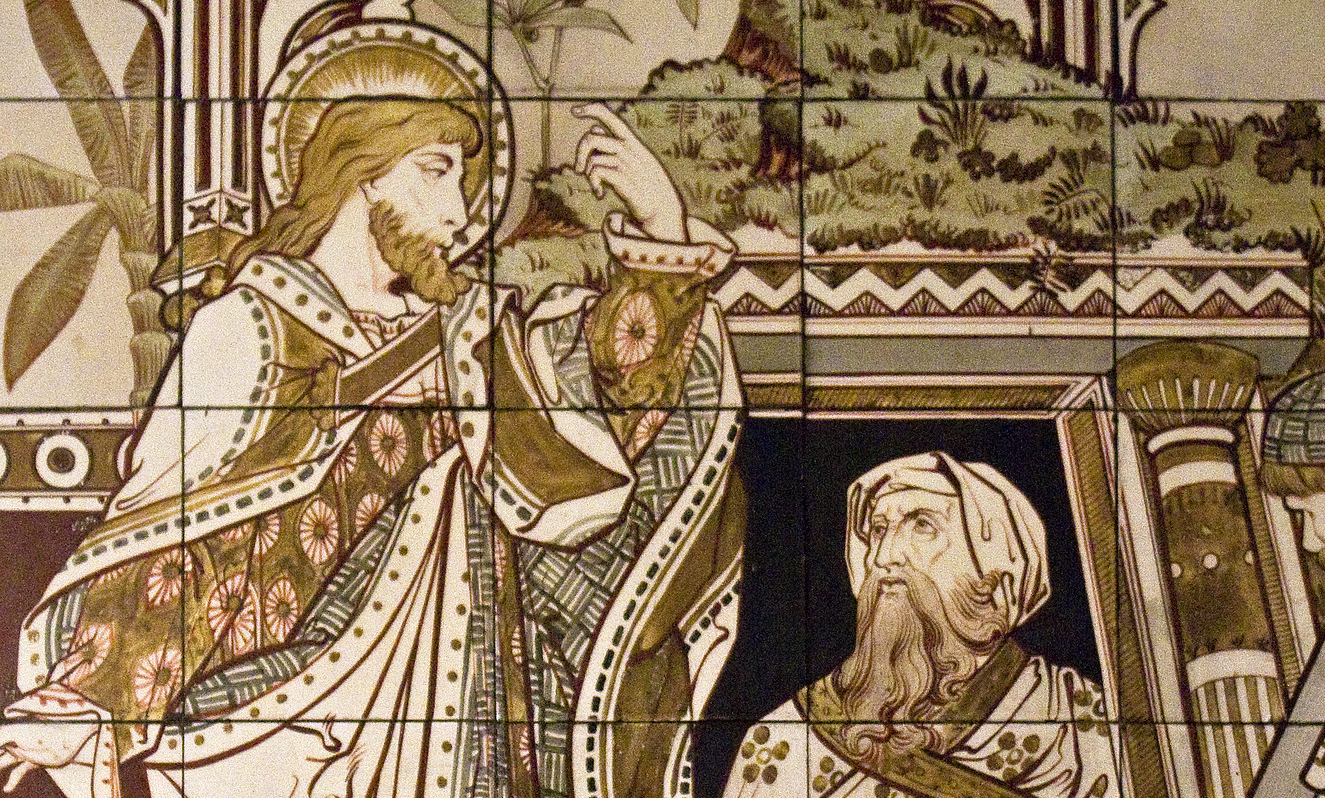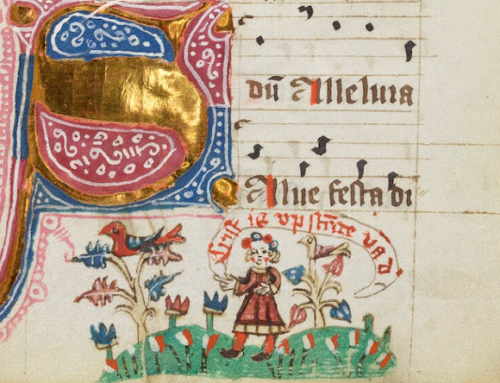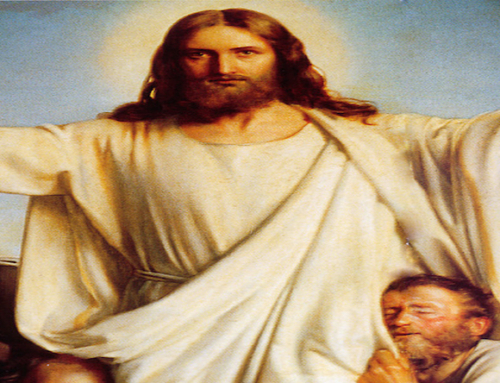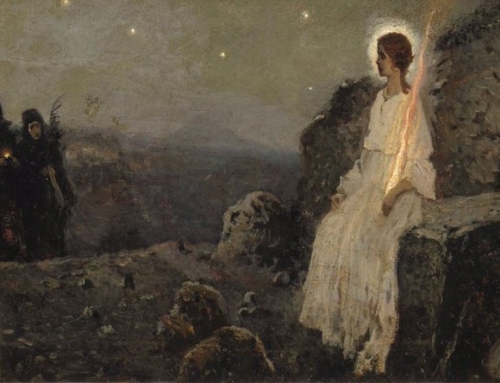Pestilence and isolation now temper our continued celebration of Easter, even though it might seem that our seasonal celebration of the Lord’s triumph over death should displace temporary sorrow. It can therefore be difficult to raise our hearts to God in hope when loneliness and anxiety born from our present plight drag us earthward. Carefree transcendence over these anxieties could be a grace, but it might also constitute insensitivity and an unwillingness to take seriously the problems the virus poses to our communities and to each one of us.
If we turn our attention to another moment in the Gospels, where Jesus raises his friend Lazarus from the dead (John 11:1-44), we notice something through the disconnected exchanges of Jesus with his disciples and the mourners of Lazarus. Before raising Lazarus, Jesus seems initially to transcend the immediate sorrow and distress shared by Lazarus’s family and friends. Although Jesus predicts that he will raise Lazarus, he first tells his disciples the illness will not end in death, and then he tells them Lazarus is asleep when he had already died.
This disconnect finally comes to a head when, to console Lazarus’s sister Martha, Jesus informs her that her brother will rise again. “I know he will rise, in the resurrection on the last day,” she tells him. In other words, I believe all of that. But for now, my brother has died; help me bear my sadness. But Jesus retorts, “I am the resurrection and the life; whoever believes in me, even if he dies, will live…” Jesus evokes a confession of Martha’s faith, but there’s little doubt about the perplexity she feels. She is reasonably distressed at her brother’s death; why did the Lord seem not to share in her mourning?
Yet, there are two breakthroughs. Jesus eventually takes on the sorrow of the mourners when he weeps, but he suffuses the mourners with his joy when he raises Lazarus from the dead.
Jesus himself becomes perturbed on seeing the weeping of Lazarus’s other sister Mary and the Jews comforting Lazarus’s sisters. Jesus then asks to see the tomb and begins to weep. Of course, Jesus knows he’ll raise Lazarus within the hour—he told his disciples as much. The Jews, then, are obviously mistaken to think that Jesus weeps on account of a powerlessness to keep his friend from dying. But Jesus is perturbed and weeps, as Aquinas observes, on account of the death inflicted upon human beings for sin and the cruelty of death and of the devil (In Iohannem, ch.11, lectio 5, 1534). Jesus’s weeping also shows the mourners that they were not wrong to weep. For one is not wrong to weep if he also has hope.
That he is God and intends to raise Lazarus from the tomb explains why Jesus at first transcended the immediate sorrow of the moment. God cannot suffer, and any evil he permits he permits in order to bring about something good. The confidence and peace Jesus exudes come from this certainty that the death and misery of the present are not the end of the story. All the same, God became man, and although death and illness are permitted by God so that he may bring about good, they are still evils that cause suffering. Jesus sees the emotional suffering at the tomb and commiserates with the mourners of Lazarus. He commiserates with sinful humanity in its misery brought on by death and illness. And in this way, he commiserates with us.
Death, sickness, isolation, and economic suffering are real evils. All the same, while confidence in the Resurrection cannot fully detach us from suffering these evils, suffering these evils should not smother confidence in the Resurrection. While hope in the Resurrection does not (for the time being) displace our momentary distress, it can soften it.
For his part, Christ suffered our emotional perturbation and sadness to teach us and to save us from sin and its punishment. Although sadness and distress are warranted, our confident hope in Christ’s promise should soften our momentary distress. Jesus reminds the mourners of Lazarus of this very thing when he raises Lazarus from the tomb. He stoops down to us to share our distress. We are raised by him to share in his joy.
✠
Photo by Fr. Lawrence Lew, O.P. (used with permission)







